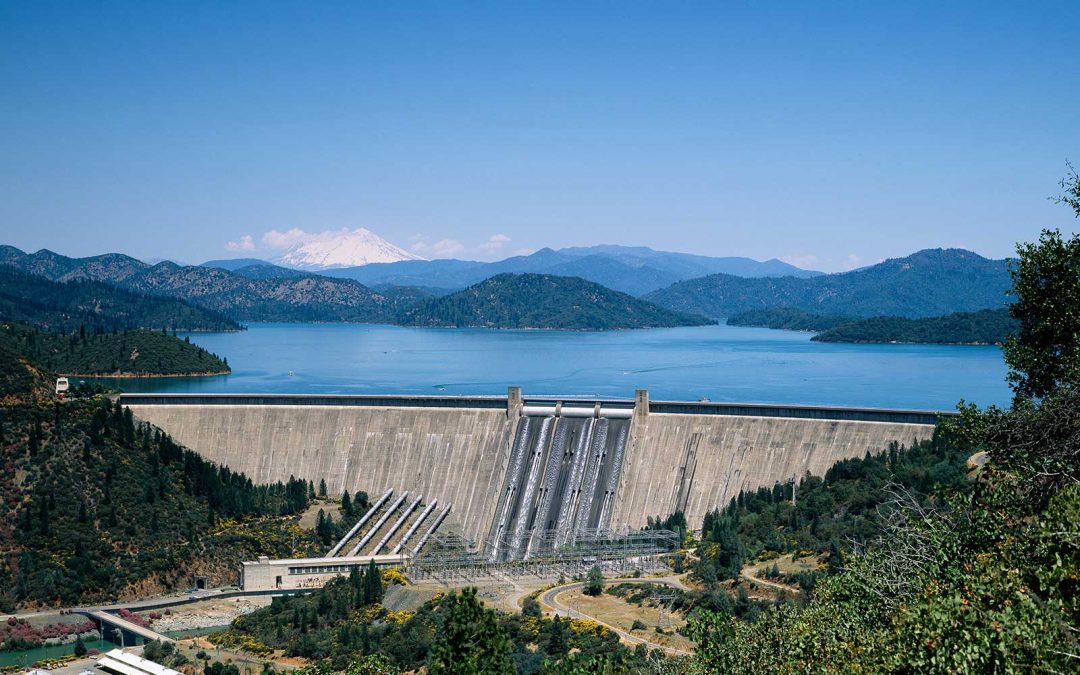
by Ashley Ward | Sep 24, 2021 | Blog, Data Stories, Improved Decision-Making, Innovation, Time Savings
As we work to create an internet of water – a world with more accessible, discoverable, and interoperable water data – we like to highlight the organizations who are contributing to this vision and explore the benefits they provide to water management and other sectors. The Groundwater Protection Council has been improving groundwater and energy data since 1983 and leverages that data to enable environmental protection and increased water availability. The resources they provide to state oil and gas agencies are essential to coordinating regional approaches in the energy-water nexus.

by Ashley Ward | Sep 2, 2021 | Blog
Freshwater harmful algal bloom (FHAB) season is here. In lakes, ponds, rivers, and streams across the country tiny microorganisms are reproducing in mass. Spurred on by the heat and high concentrations of nutrients, blue-green algae form a thick green scum on the surface of water bodies. This scum is not only foul-smelling, it’s also dangerous.

by Ashley Ward | Jul 22, 2021 | Blog
In this blog, we discuss the importance of and need for cities to modernize water data. Using stakeholder engagement to incorporate local knowledge, the partners in this project in Boerne, TX, gained important perspectives, ideas, and approaches to inform the creation of the Internet of Water’s first municipal water data hub.

by Ashley Ward | Jun 28, 2021 | Blog
Water data have an enormous potential to enhance sustainability, improve management, and inform decision-making when they are freely available and easily accessible. “Open data”, as it’s called, is especially useful when it is consolidated in a single, open platform or data hub from which data can easily be searched, downloaded, republished, and otherwise utilized as needed.

by Ashley Ward | Mar 26, 2021 | Blog
Cassidy White discusses data fragmentation and the challenges it creates for modern water management, and lays out 7 key benefits to data integration. “Seemingly everywhere and nowhere at once, water data may be widespread but is often difficult to find or is completely inaccessible…”

by Ashley Ward | Feb 24, 2021 | Blog
With access to the water data they need, water leaders and decision-makers can implement sustainability measures and improved management strategies to ensure water is available to meet the needs of a changing and growing society.






